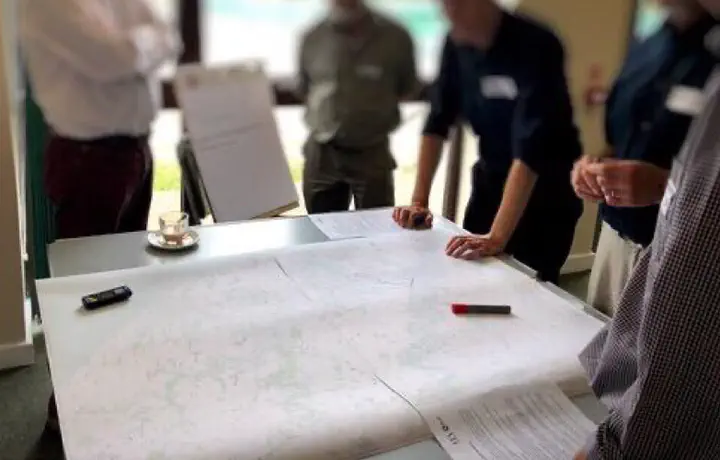“We can’t do it on our own!”—Integrating stakeholder and scientific knowledge of future flood risk to inform climate change adaptation planning in a coastal region
 Image credit: Ulysse Pasquier
Image credit: Ulysse Pasquier
Abstract
Decision-makers face a particular challenge in planning for climate adaptation. The complexity of climate change’s likely impacts, such as increased flooding, has widened the scope of information necessary to take action. This is particularly the case in valuable low-lying coastal regions, which host many competing interests, and where there is a growing need to draw from varied fields in the risk-based management of flooding. The rising scrutiny over science’s ability to match expectations of policy actors has called for the integration of stakeholder and scientific knowledge domains. Focusing on the Broads — the United Kingdom’s largest protected wetland — this study looked to assess future flood risk and consider potential adaptation responses in a collaborative approach. Interviews and surveys with local stakeholders accompanied the development of a hydraulic model in an iterative participatory design, centred on a scientist-stakeholder workshop. Knowledge and perspectives were shared on processes driving risk in the Broads, as well as on the implications of adaptation measures, allowing for their prioritisation. The research outcomes highlight not only the challenges that scientist-stakeholder integrated assessments of future flood risk face, but also their potential to lead to the production of useful information for decision-making.